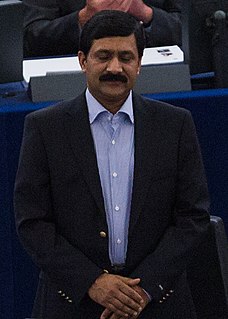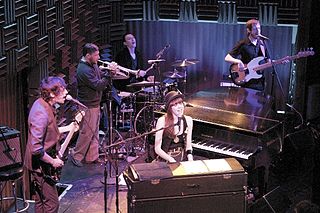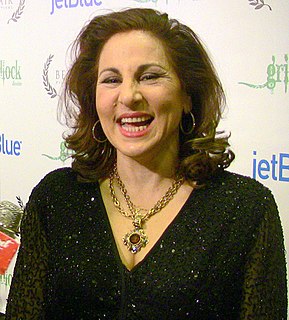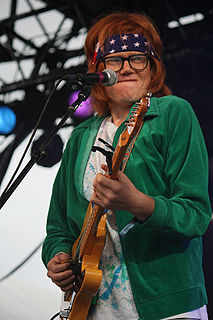A Quote by Barack Obama
People are discouraged from voting and part of what is important for Latino citizens is to make your voice heard, because you're not just speaking for yourself. You're speaking for family members, friends, classmates of yours in school.
Related Quotes
Growing up in colonial Virginia, if you know anything about that part of the country, there was a number of tensions there. Because of that, you heard the family members talk about Dr. King and many others who were not just speaking out, but sacrificing a ton so that our world, our country could be a better place.
The members of a body-politic call it "the state" when it is passive, "the sovereign" when it is active, and a "power" when they compare it with others of its kind. Collectively they use the title "people," and they refer to one another individually as "citizens" when speaking of their participation in the authority of the sovereign, and as "subjects" when speaking of their subordination to the laws of the state.
There is speaking well, speaking easily, speaking justly and speaking seasonably: It is offending against the last, to speak of entertainments before the indigent; of sound limbs and health before the infirm; of houses and lands before one who has not so much as a dwelling; in a word, to speak of your prosperity before the miserable; this conversation is cruel, and the comparison which naturally arises in them betwixt their condition and yours is excruciating.
People experience all kinds of prejudice because of all different parts of themselves. And that doesn't make one part more important than the other. We live in a society that does not openly accept every kind of human being. And so the result is when you are yourself and someone who's marginalized, it becomes a revolutionary act - just being comfortable in your own body and being comfortable speaking, sharing your ideas. It's really amazing and also, like, kind of sad.
When you speak a foreign language, you become someone else. If you aren't used to speaking a language, and you start speaking it again, for the first few sentences you'll find yourself in very strange shape, because you're still the person who was speaking the first language. But if you keep speaking that language, you will become the person who corresponds to it.
It really depends, but, generally speaking, just because of the mechanics of it, voice-over is easier because there is no hair, no makeup, no wardrobe, no fittings, no line memorizing. You don't have to me woken up in Russia at 6 in the morning and go film a scene. It's just easier on the body, the family life to do voice-overs.
All great questions must be raised by great voices, and the greatest voice is the voice of the people - speaking out - in prose, or painting or poetry or music; speaking out - in homes and halls, streets and farms, courts and cafes - let that voice speak and the stillness you hear will be the gratitude of mankind.
I think nuance is very important to have in the conversation, nuance that's been lacking for a long time. A lot of voting organizations only exist every four years, putting all this money into "your voice is important!" Wouldn't that be nice, if that's all it took? Voting is the first political action for most people. But if you don't follow up then voting is not actual participation but just a one-off.


































